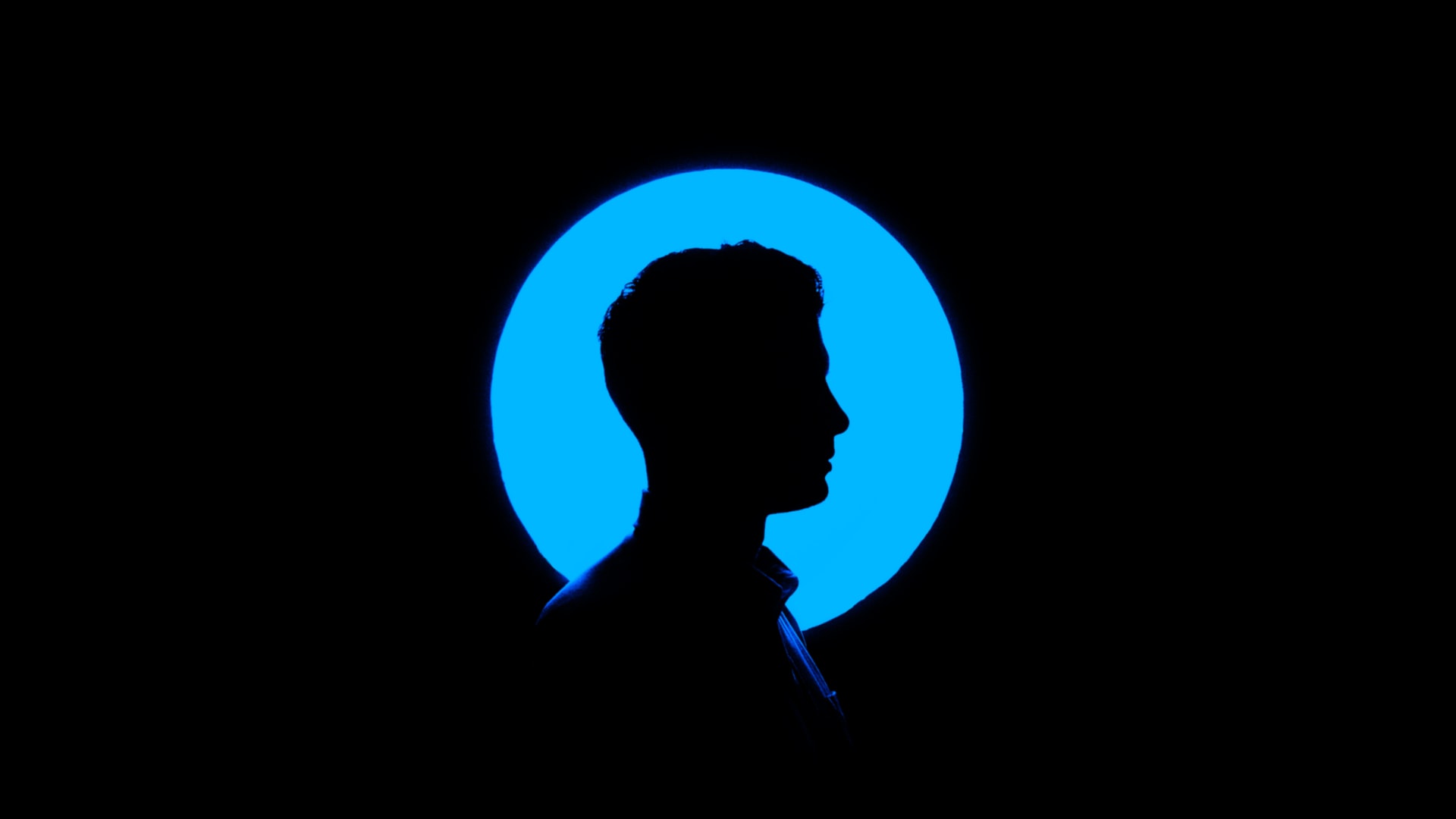
Resolves subjectively unless someone suggests some statistic to measure this.
People are also trading
I don’t think AI will fully take over mental health therapy jobs by 2030, but it’ll definitely play a bigger supportive role. I tried one of those AI chat-based wellness apps, and while it was helpful in the moment, it still lacked the emotional nuance a real therapist brings. Human connection is such a big part of healing. That said, AI can help therapists with notes, scheduling, and spotting patterns, kind of like a smart assistant. I even called the Net Health phone number last year to ask about AI tools in healthcare, and they said integration is growing, but not replacing.
Despite economic challenges, the mental health tech sector has remained well-funded. In 2021, mental health tech companies secured $5.5 billion in funding through 324 deals, marking a substantial 139% increase from the previous year. The COVID-19 pandemic has amplified the need for mental health support, further boosting interest and investment in digital tools for mental healthcare. In 2022, several AI-powered mental health startups, such as Wysa, BlueSkeye, Upheal, and clare&me, received significant funding. While AI can assist with tasks like assessing suicide risk and diagnosing conditions like Parkinson's disease, the complexity of the patient-therapist relationship, which relies on human connection and empathy, is unlikely to be completely replaced by AI. Thus, human therapists will continue to be integral to mental health therapy in the foreseeable future.
